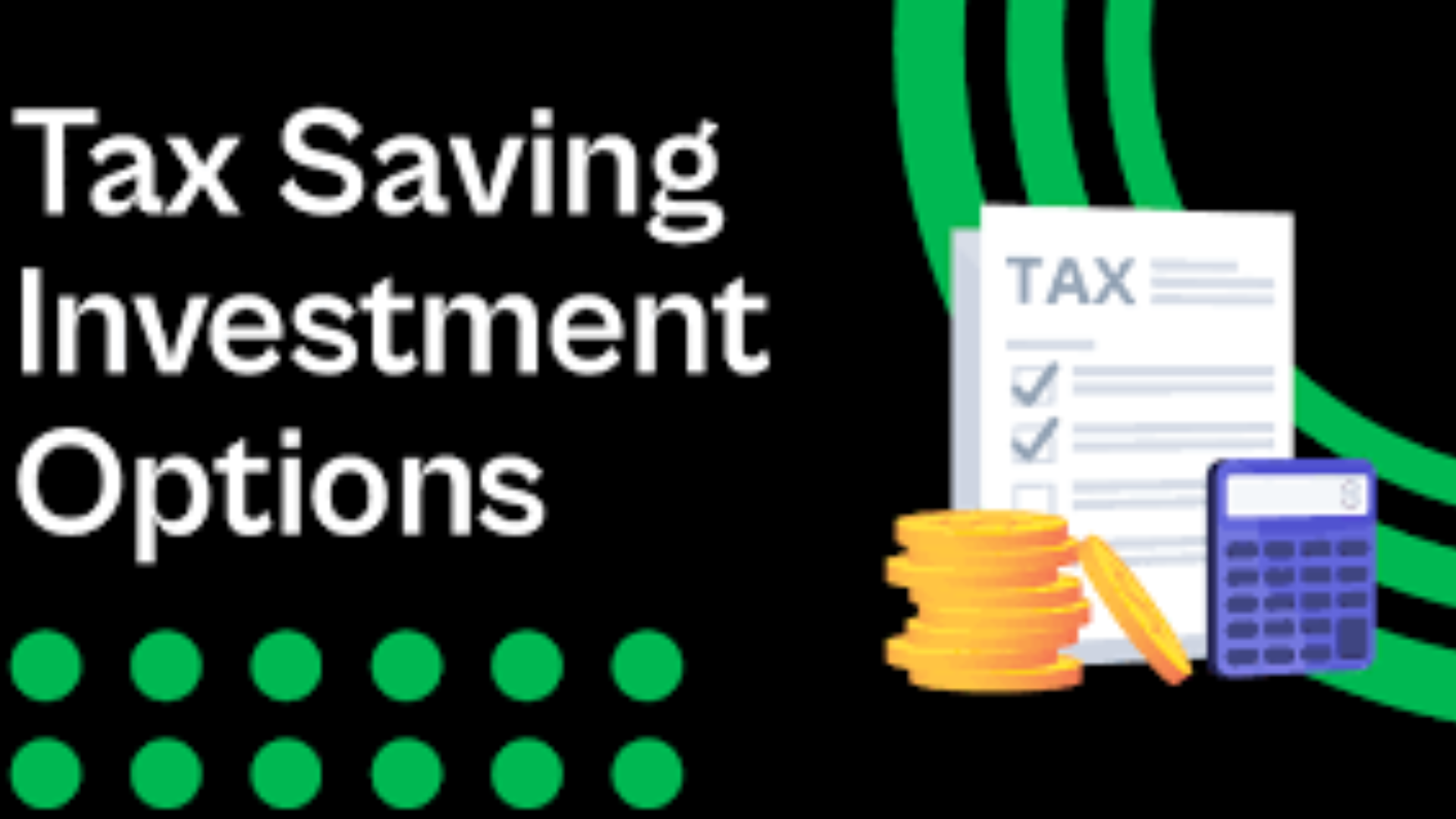
Top 5 Tax Saving Mantras To Save Your Taxes
Efficient tax preparation is an essential component of healthy financial management, especially for those who understand the complexities of the financial world. Taking a proactive approach to tax preparation throughout the year may offer significant benefits, allowing people to maximize their savings while remaining adhering to ever-changing tax requirements.
Understanding these important elements allows you to safely and accurately navigate the difficult framework of tax planning, increasing your financial advantages.
1. Estimate Your Income Tax Slab
Evaluate your income sources, including salary, interest income, and any other extra sources of income, to determine your tax bracket. Knowing your income tax bracket enables you to make informed judgments about tax-saving investments and methods.
2. Identify Tax-Saving Investments That Suit Your Financial Goals
Tax-saving investments can significantly reduce your tax obligation while also combining with your financial goals. Consider choices such as Equity Linked Saving Schemes (ELSS), Public Provident Funds (PPF), Employee Provident Funds (EPF), the National Pension System (NPS), and tax-saving fixed deposits. Consider your risk tolerance, investment horizon, and projected returns when choosing assets.
3. Discover Investments That Are Maturing in the Financial Year
Throughout the year, analyze your existing investments to discover those that are maturing in the fiscal year. This includes fixed deposits, bonds, and other long-term investments.
Some of these assets may generate capital gains at maturity; so, by keeping track of these investments, you may plan to reinvest the maturity profits strategically, use them to achieve financial goals, or take actions to save taxes wisely.
4. Review Your Tax Deducted At Source (TDS) To Claim A Refund
Regularly check the TDS deducted by your company, banking institutions, or any other source. Check the TDS deducted against the income generated and tax due to guarantee accuracy. If you have been charged an excess TDS, you may get a refund by completing your income tax return.
Check regularly to ensure that the TDS deducted has been deposited by the deductor with the government. Because if they do not deposit the money deducted, you will be unable to get your refund. Filing your taxes carefully and early might help you avoid fines and speed up the refund process.
5. Keep Proper Paperwork To Claim Deductible Costs
Proper paperwork is essential for claiming deductions on costs such as medical bills, home loan interest, school expenses, and gifts to qualifying organizations. Keep track of invoices, receipts, and other essential papers to support your claims during tax assessments. Maintaining records in an orderly and complete manner will ease the tax filing procedure and avoid any complications with the tax authorities.
Since you are all aware that tax systems are continuously evolving, particularly in the case of Indian tax laws, the government is continually modifying regulations. Because of these changes in tax regulations, your past tax preparation may become useless, and you will need to prepare your taxes all over again. If you miss out on any changes, your goal of saving money on taxes will suffer as well.



